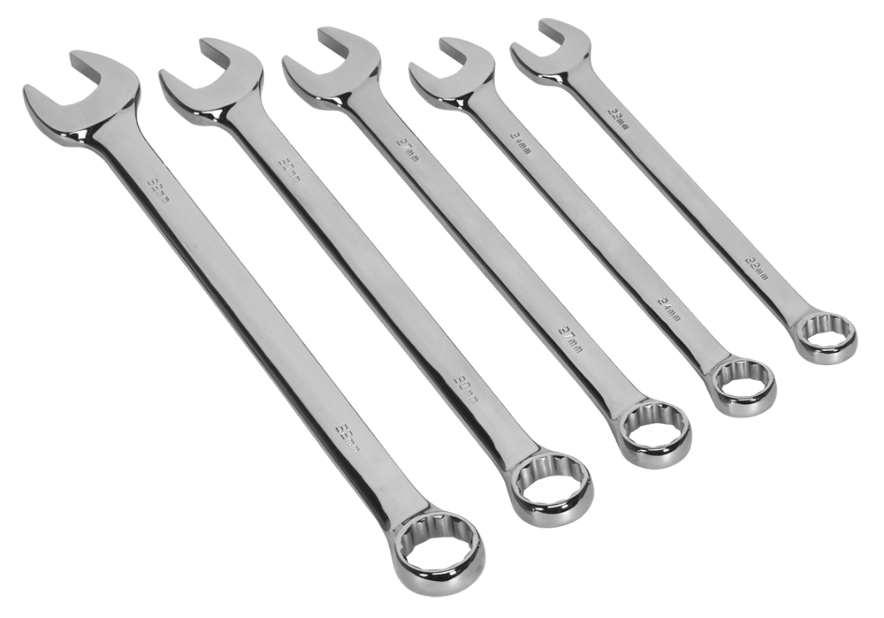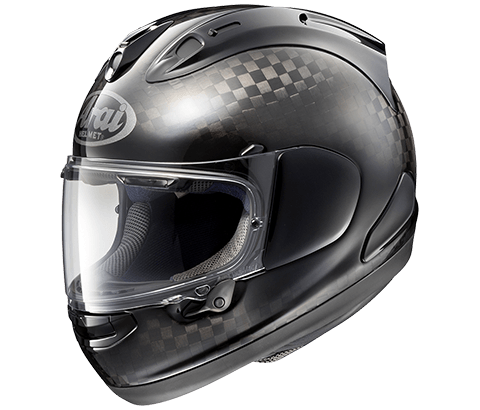GETTING STARTED
Join the world of Formula Vee

AVENUES OF CHOICE
Formula Vee cars can bebuilt new, foundsecond‐handorrented.

SECOND-HAND
The option of buying a car will appeal to those that are interested in racing in Vees for more than one year.
Vehicles do retain value depending on how well the car is looked after and market availability.
Second hand prices range from R15,000 to over R90,000 depending on the condition, race‐readiness and competitiveness of the car. A decent race‐ready vehicle which could be instantly competitive in the right hands can cost between R40,000 to R60,000.
The most recent Rhema 2 Vee design has been the choice of all the front‐running drivers for the past decade, and these could cost around R75,000 to R90,000 second hand.
Each deal can come with a trailer to transport the car, or with spares such as an extra engine, gearbox, or bodywork.
The Rhema 1 or Rhema 2 design are the most common, and would probably be the most cost effective in terms of running costs as there are plenty of spares readily available that are made to fit the car design. The older Rhema 1 design is very similar to the Rhema 2, but has a smaller cockpit.
Larger individuals would be more suited to a Rhema 2 design.
Vehicles can be found in the For Sale section as a start, or alternatively contact one of the Association members.
NEW
Forza cars/chassis can be bought from Ernie Vermaak and is built by Forza Racing.
New JForce cars/chassis are also busy in production and is built by Gouws Motorsport.
This will cost over R200,000 for a full car and could take up to 12 weeks to build.
Rhema 2 cars can be built new by Dean Nel, as well as possible options for just building a rolling chassis.
For more information, please contact the Association on the 'CONTACT US' page
Rented
Some cars are available by owners to rent, should you not be in a position to buy a vehicle or are looking for a short term solution. Rental of a vehicle usually involves a preparation cost by a specified race mechanic who will service the car. Depending on the competitiveness of the car and other terms involved, rental could cost around R5,000 to R10,000 per race (including race preparation).
BUYING A CAR
If possible, ask a member from the Vee Committee to accompany you when going to look at a potential car if you are not altogether familiar with Vees or race cars in general. However, there are some basics which can be checked which cover some major faults:
Find out when it was last raced, as you should be aiming to look for a car that is as race‐ready for our current regulations as possible.
Ensure it has a 1.4L Formula Vee spec legal motor with twin carburettors and disc brakes all round.
Make sure it is not physically impossible for you to fit inside the cockpit. There should be enough space above your head to the top of the roll‐over hoop.
Check the safety belts for any damage and make sure they have not expired yet (expiry date can be viewed on the label).
You should inquire when last the engine and gearbox was rebuilt, and by whom. A committee member can assist you with the general history of a specific vehicle.
Also ask for the bodywork to be taken off as to have full view of the chassis to inspect and ensure that nothing is bent and all welds are still intact.
One should aim to test the car out on‐track before making a final decision.
During a test, one can then easily ascertain any major problems with a car, check for leaks etc.
The engine should be legal and working and the gearbox should be working cleanly without any grating.
One point to note is that Formula Vee cars are currently difficult to find second‐hand, and spending too much time deliberating could result in someone else purchasing the vehicle before you do. Not all vehicles will be perfect and might have a bit of work to do on them, and it is up to the buyer to decide what is acceptable or not.
The Committee cannot be held responsible for any advice given in this document; these are guidelines to assist your own decision.
RUNNING THE CARS

RACING GEAR AND LICENSING

